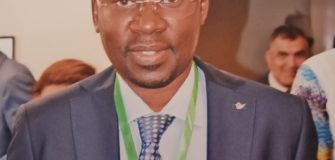ECOFISH Media Workshop : Journalists take the plunge
ECOFISH Media Workshop : Journalists take the plunge
Share
By André NAOUSSI, in Nairobi (Kenya)
To fight the scourge of wild fishing and contribute to the survival of fish, journalists and communicators are increasingly called upon to join in the struggle. The ECOFISH program has just initiated a fruitful experience in this perspective from May 24 to 26, 2022 in Nairobi.
Learn in the classroom and experience immediately in the field. Journalists from a dozen countries in East Africa, Southern Africa and the Indian Ocean (ESAI) were able to meet this challenge. The meeting was more of an exchange than a course, especially since officials from nine regional institutions were holding a parallel session on fisheries advocacy and acting as resource persons.
The cruel ravages of wild and illegal fishing, of the destruction of the environment and of marine ecosystems can be seen with open eyes. And even when the fish is taken out of the waters for consumption or trade, there are other challenges along the way: selection, processing, transport, conservation, trade, export…
Do states fully understand these challenges? Do they have the means to meet them? Are the producers aware of them? Still, a potential of fifty billion euros (more than thirty thousand billion CFA francs) is latent or in loss in the AEAOI zone. Journalists and communicators, better equipped on these issues, will certainly be part of the solutions, especially to inform the general public, sensitize decision-makers, enlighten fisheries actors and promote best practices in this sector.
Solutions rather than problems
The media professionals are then urged to opt for “constructive journalism which, beyond the problems raised, insist on the solutions put forth”, as explained by Levi Manda, teacher of communication. Denounce, demonstrate, propose; this approach could help to mark out ways of solutions understandable to all, in order to meet the challenges and better exploit the immense potential of the fishing sector in Africa.
And this is often done through simple approaches that nevertheless raise complex problems to which appropriate solutions must be proposed. Participants experienced this in meetings with fresh fish traders at the Nairobi fish market.
Networking
From now on, these journalists and communicators will take a fresh look at fishing issues. They will strive to make it a concern in their productions and media, and share their experiences with each other. To keep this flame alive, they have resolved to network, with the facilities offered by digital tools.
The creation of a formal and legalized association is an exciting but difficult challenge. They saw the demonstration of it with the presentation of the experience of the Media Observatory for a sustainable Fishing in Africa (MOSFA), by its Coordinator, author of this write-up . The option adopted is to massively join MOSFA, for more synergy and effectiveness.
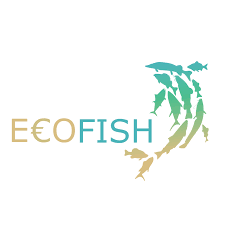
ECOFISH in brief…
– Nature: Interregional fisheries program (launched at the end of the ”Smart Fish” program).
– Duration: September 2018 – September 2024.
– Area covered: Eastern Africa, Southern Africa, Indian Ocean region (EA-SA-IO).
– Initiator and funding partner: European Union.
– Budget: 28 million Euros.
– Partners: 9 organizations from the EA-SA-IO region.
– Leitmotiv: Build interregional synergies.
– Overall objective: To improve equitable economic growth by promoting sustainable fisheries in the EA-SA-IO region.
– Headquarters: Indian Ocean Commission (IOC) premises, Port Louis, Mauritius.
THEY SAID…
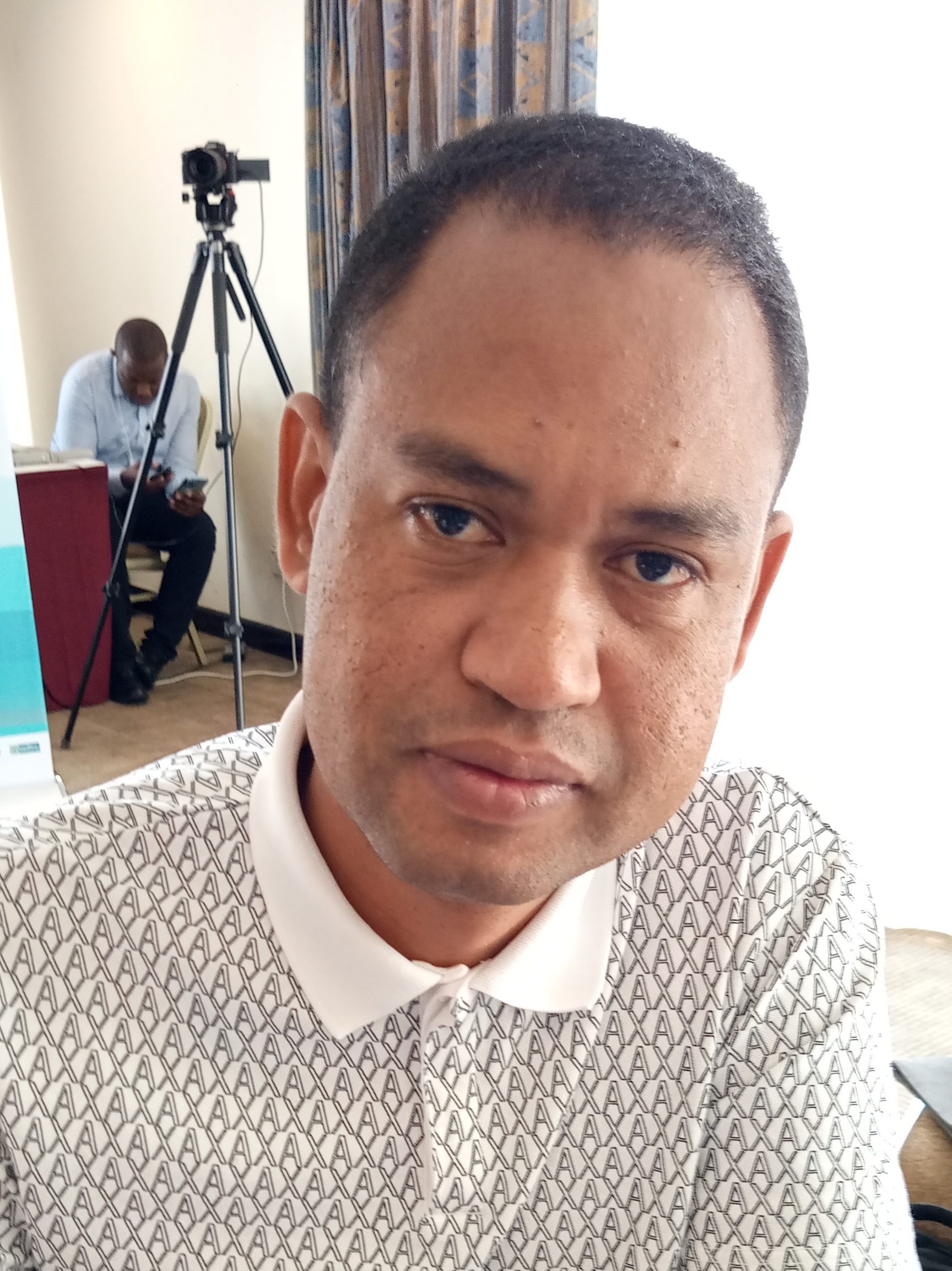
Marc Maminiaina, Chargé de Mission of the Indian Ocean Commission (IOC) to ECOFISH:
“We now know how to better involve the media of the region in the implementation of the Ecofish program, which is cross-cutting and interregional, requiring great coordination and involvement of all actors in the fisheries sector. The interaction will be increased and permanent between the journalists and the heads of the regional organizations, with whom they had face-to-face contacts in Nairobi.”
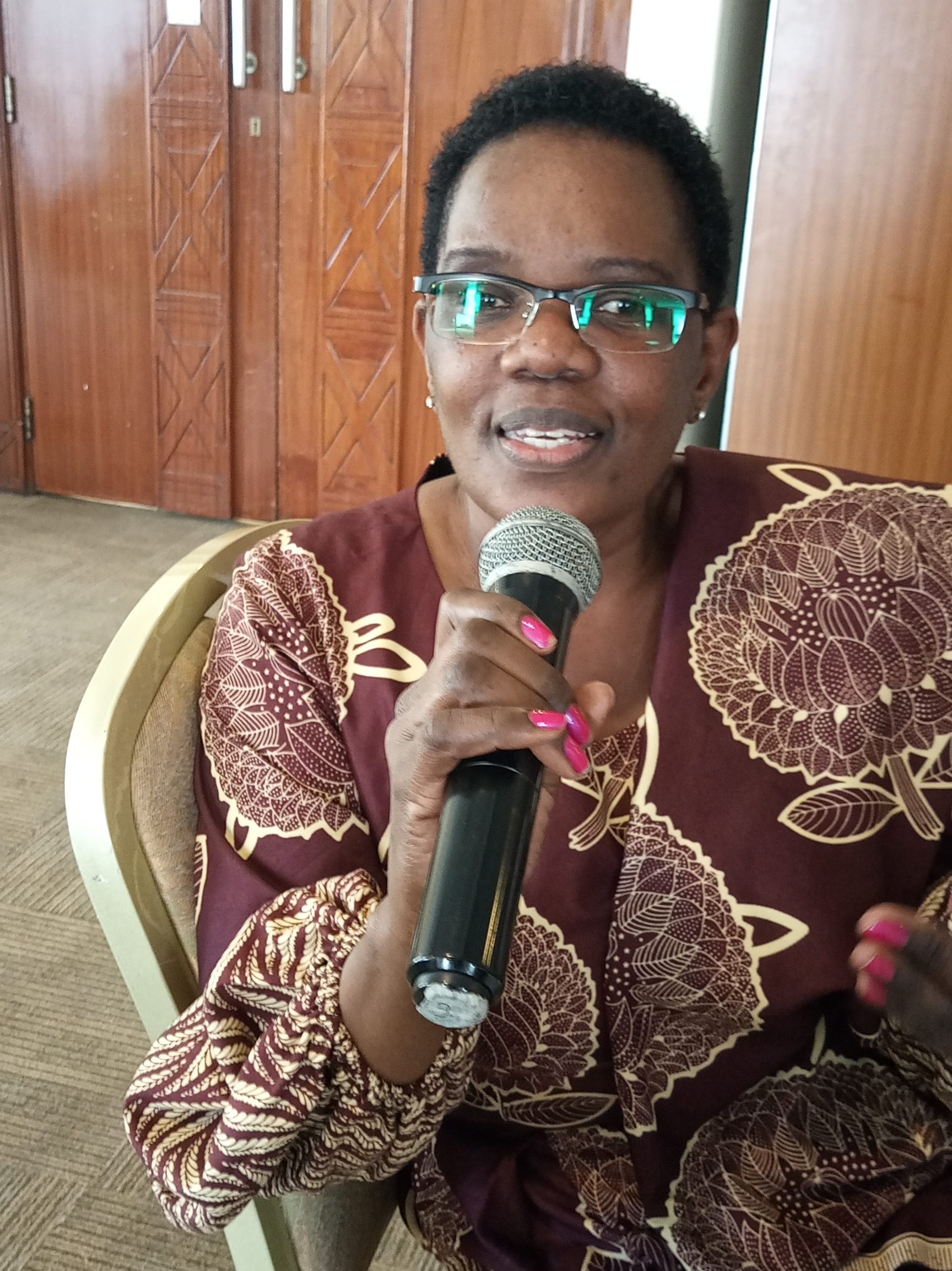
Judith Akolo, editorial writer at Kenya Radio and Television:
“We have a better understanding of fisheries and fish issues, which go beyond nutrition and health, to embrace diverse areas such as the national economy, local community survival, maritime piracy, trade channels, regional and global relations. Based on my experience, I am committed to training young journalists on how to deal with fisheries issues. As African professionals, we must build or strengthen continental media networks on fisheries.”
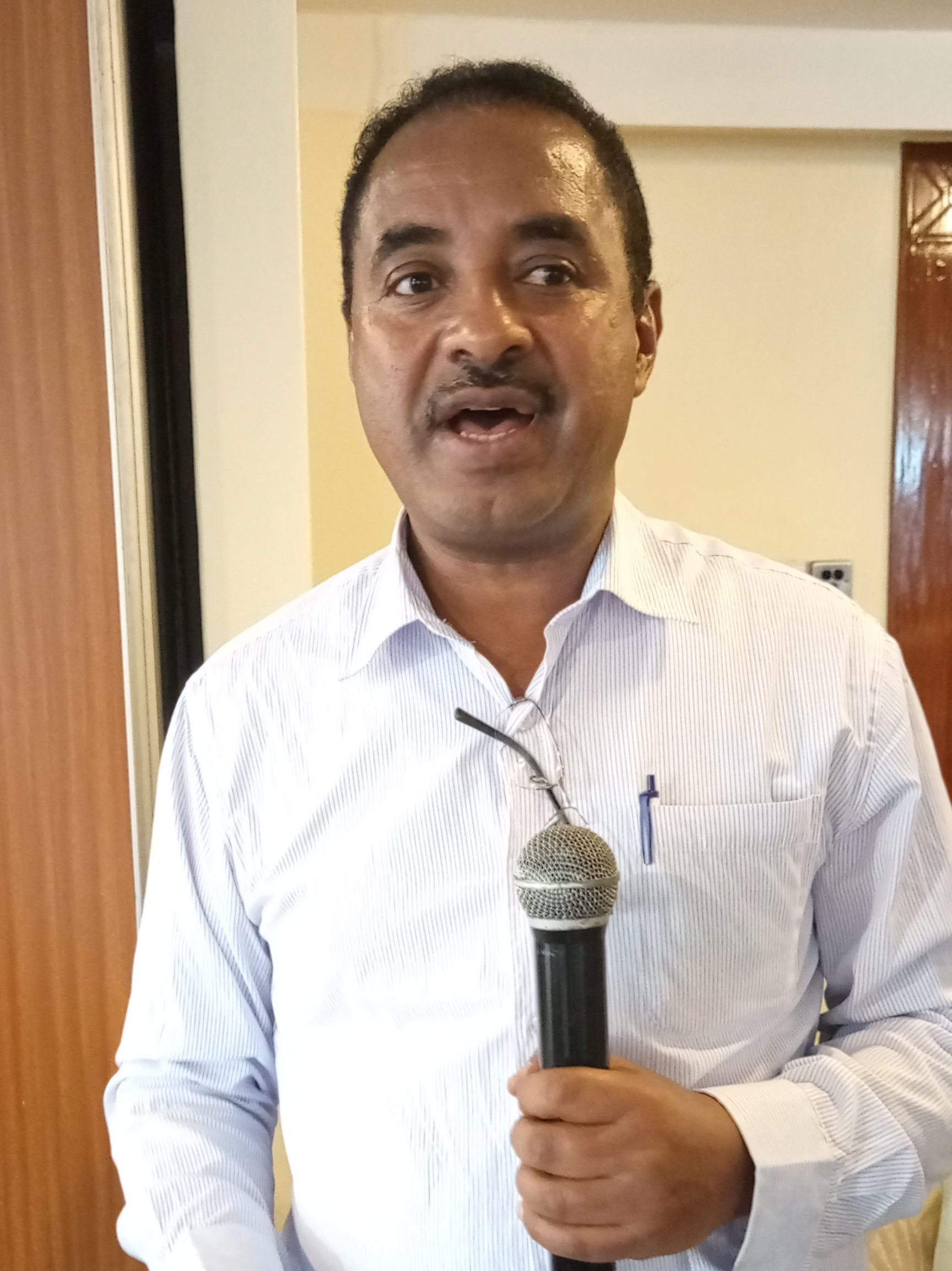
Yoseph Shiferaw Mamo, Director of Fisheries and Animal Resources, Common Market for Eastern and Southern Africa (COMESA):
“We will better assist member states in developing fisheries policies and strategies. In addition to the usual approach of technical support and coordination of inter-regional solutions, advocacy for the role of the media will be part of our focus.”
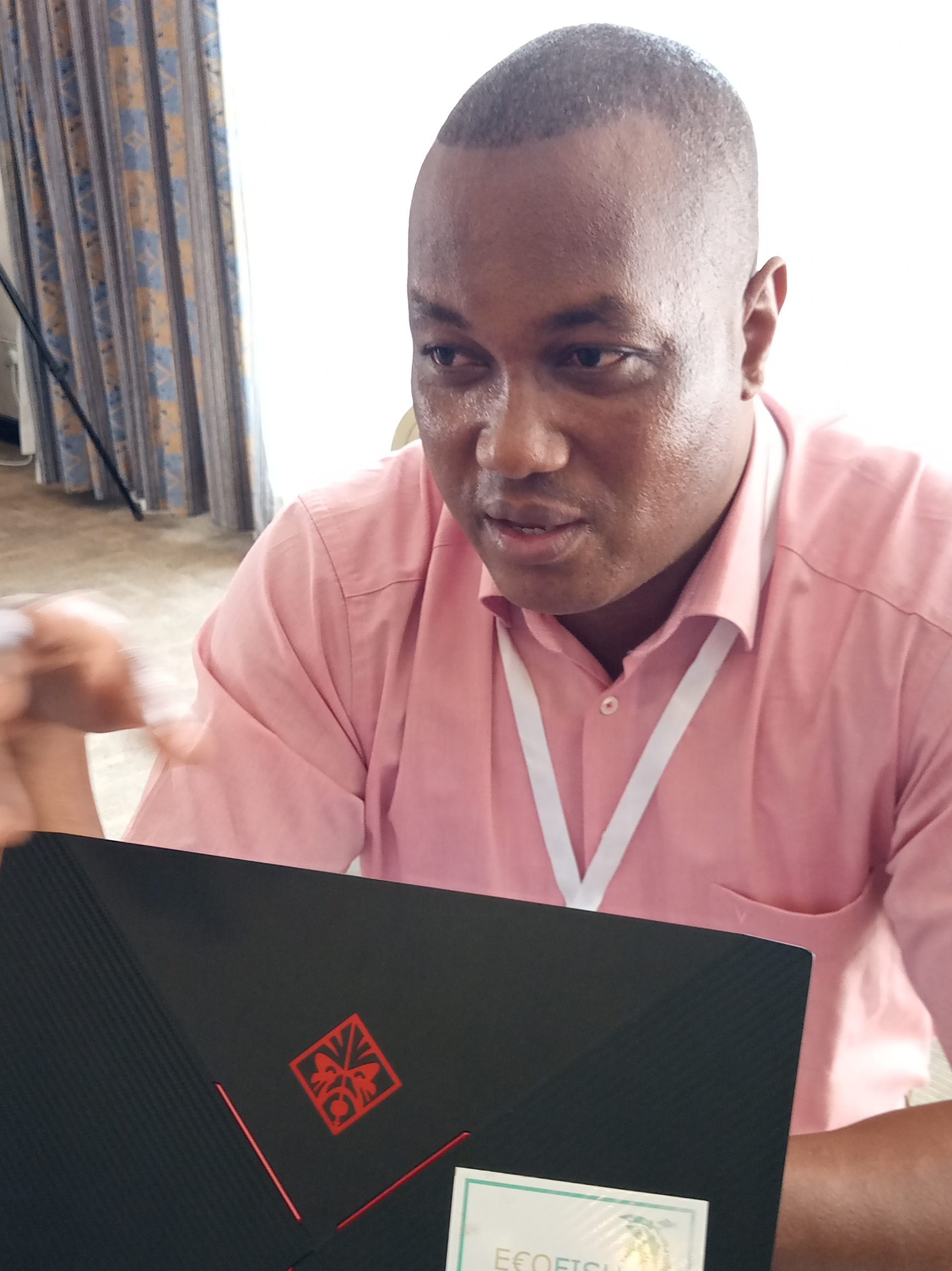
Benjamin Muyakana, Ecofish Administrator at the Lake Victoria Fisheries Organization (LVFO)
“We will have to rely on the media to encourage fisheries actors to organize themselves into cooperatives in order to better benefit from the support that regional fisheries management organizations can provide. Among other supports, there is the supply of fishing equipment, the purchase of refrigerated materials, the development of landing points or even fishing villages.
Translation from French: Claude Tenkeu
Recent News
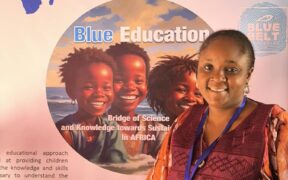
Spread the loveAt the heart of contemporary environmental concerns, climate change is emerging as a pervasive threat to economic sectors and ecosystems worldwide. In this context, the workshop organized by ATLAFCO for the benefit of the African Women in Fisheries Network (RAFEP) highlighted the challenges and proposed solutions to confront this environmental crisis impacting particularly […]
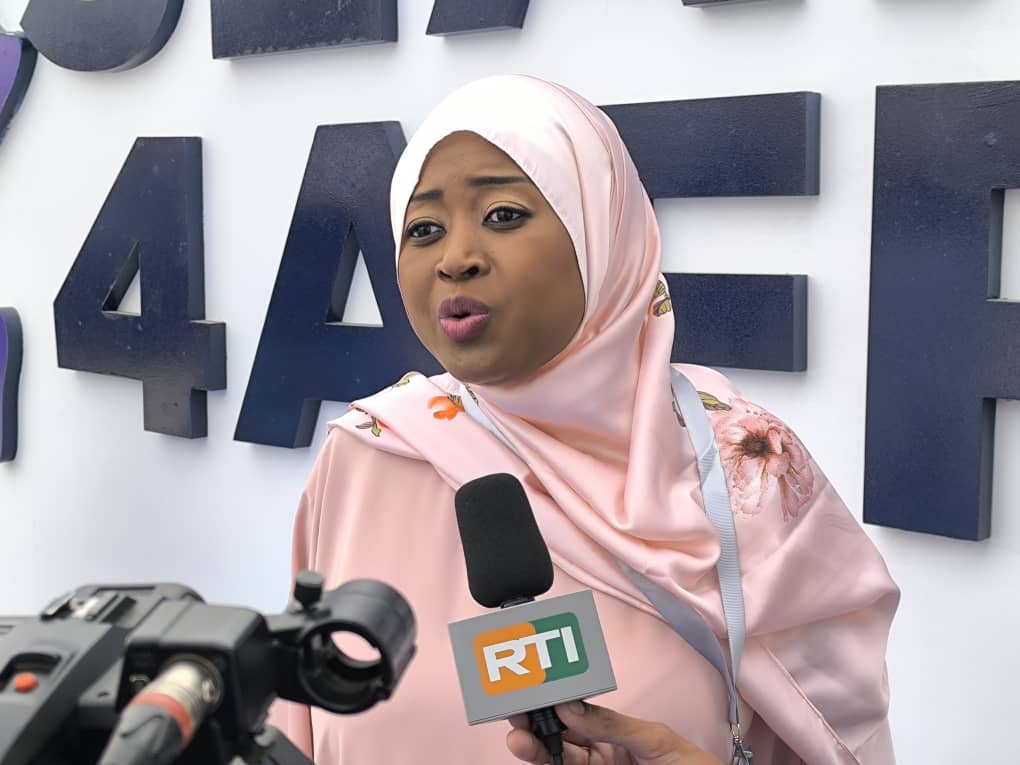
Spread the loveAt the heart of Seafood 4 Africa 2024 in Dakhla, the African Continental Free Trade Area (AfCFTA) takes a leading role in driving sustainable development in the fisheries and aquaculture sectors, setting the stage for economic transformation across the continent. The international forum Seafood 4 Africa 2024, focused on the advancement of Africa’s […]
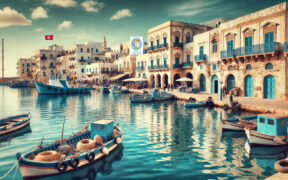
Spread the love Bizerte, Tunisia – December 4, 2024 The Regional Office of the Food and Agriculture Organization (FAO) for the Near East and North Africa is hosting a pivotal workshop to celebrate the 10th anniversary of the Voluntary Guidelines for Securing Sustainable Small-Scale Fisheries (SSF Guidelines) and the 11th anniversary of the Maghreb and […]








